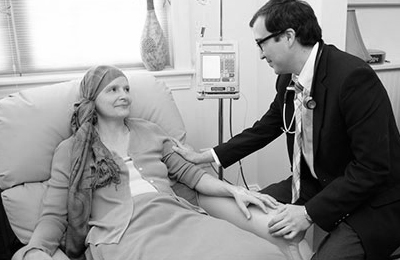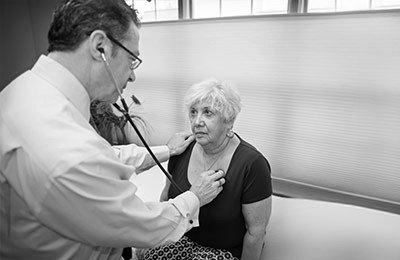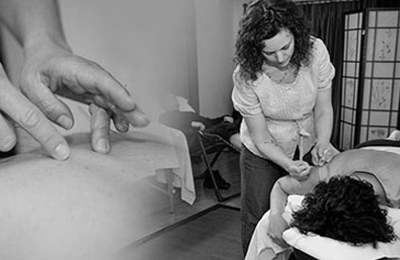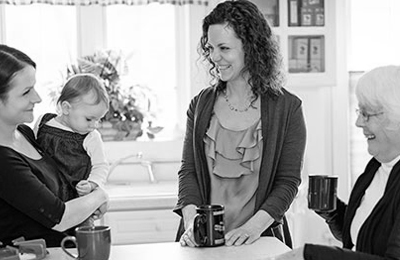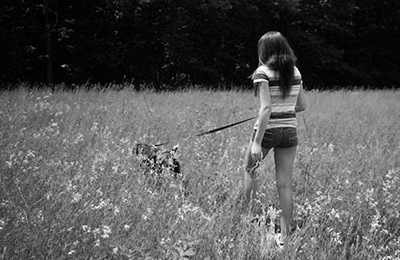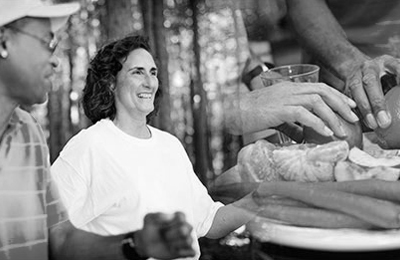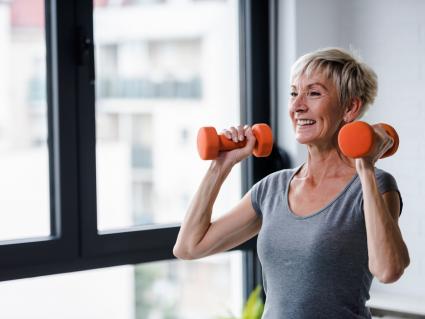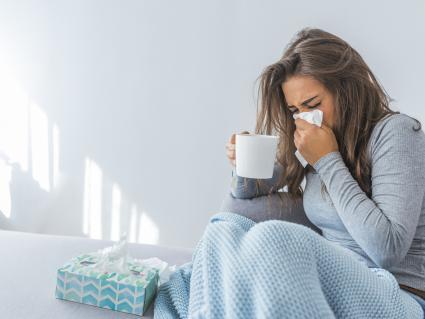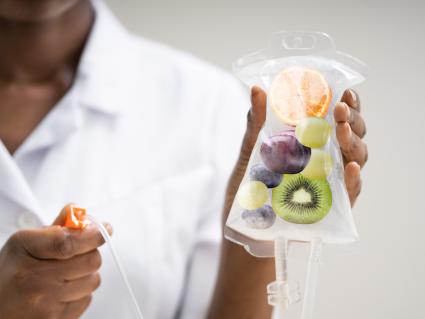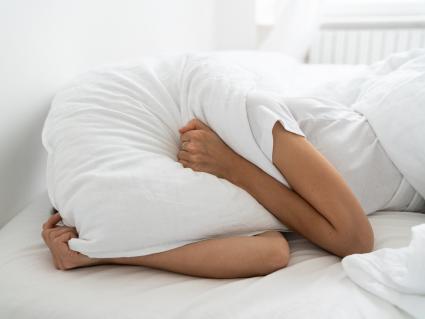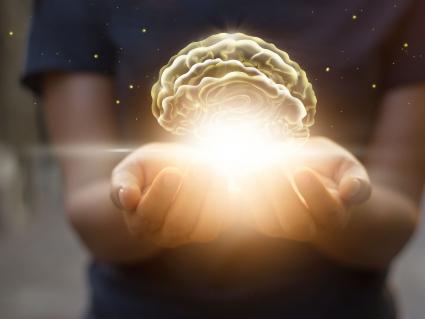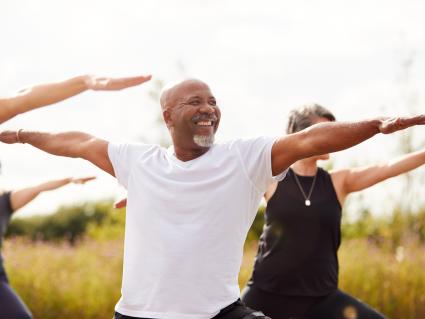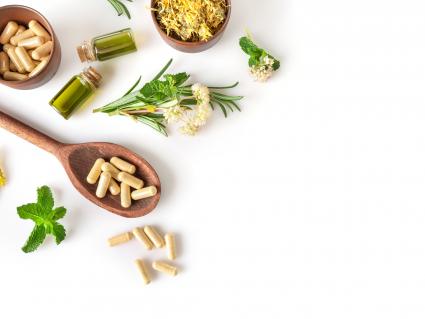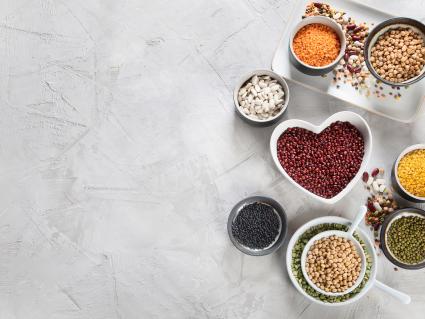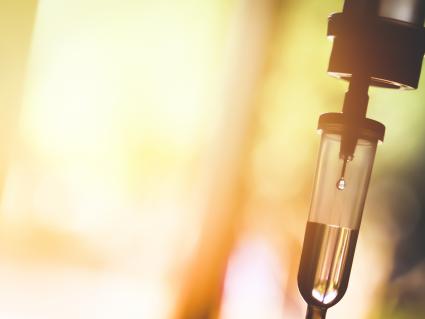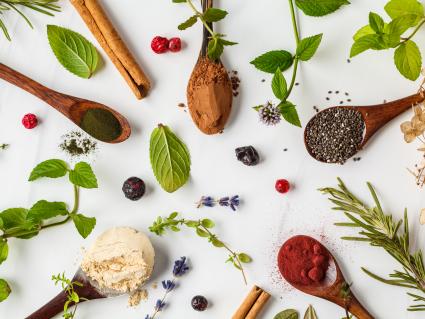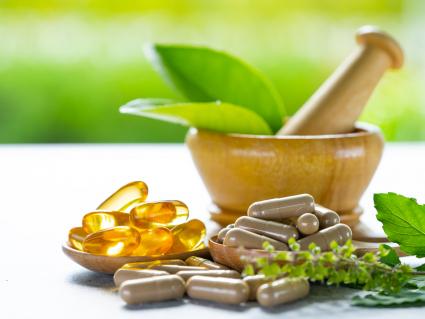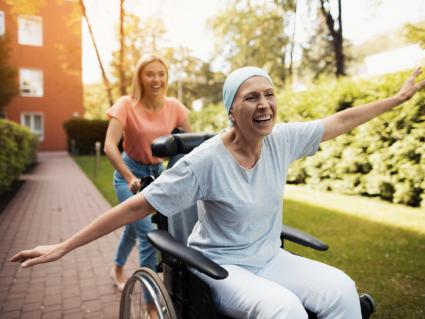
Chinese medicine can be an important and incredibly helpful addition to breast cancer treatment. Most people just think acupuncture is what a licensed acupuncturist can offer, but we are also trained in herbal medicine, nutrition, bodywork and Qigong meditation and these are all things that can be incorporated into your treatment plan and care, from prevention, to treatment, and to recovery and moving on with your life A cancer diagnosis is all consuming...
you have appointments with many doctors, you’re in shock, you’re running the gamut of emotions that accompany a diagnosis, and all the while you still have to go about your life. Often you have to answer lots of questions from friends and family who want to know how you’re doing and any and all updates. The updates are constantly changing, so it’s hard to keep everyone informed. It’s such a unique experience that is hard for others to understand that sometimes leaves you feeling somewhat alone.
This is where meeting with an acupuncturist can be of enormous help. We are here to spend time with you, to listen to your story, to how you’re feeling, and to help ease the journey. From a preventative perspective, regular acupuncture helps maintain the physical, mental and emotional aspects of the body and mind, and if you connect in such ways, the spiritual self as well. During treatment, whatever approach you take, Chinese medicine can help mitigate side effects from chemo, radiation, and hormone therapy such as fatigue, brain fog, dryness, hot flashes, neuropathy, insomnia, as well as strengthen the body and calm the mind. When treatment ends, there is still much healing needed and an acupuncturist can help in the road to recovery to get you to a sense of thriving, not just surviving.
During an acupuncture treatment, you’ll receive anywhere from 4 to 12 needles, sometimes more if there are multiple areas of pain that we are addressing locally. The needles are hair thin, and are barely felt, although you may feel a slight pressure or ache that comes to the needle briefly then goes away. We say this is the arrival of the Qi or, roughly translated, the energy. After the needles are placed, we allow you to rest for about 20-30 minutes. During this time, I tell people that the needles talk to each other and to your body, you may feel different sensations like twinges or ripples, nothing painful, and the stomach may growl. This is your time to yourself, to get you out of the fight or flight state and into the rest and relax state-- to rejuvenate, to cry if you need to, to sleep, and to heal.
It’s important to have a team of practitioners that help you feel like you are not just fighting the cancer, but that you are healing yourself. Having gone through breast cancer myself, and still having the regular follow up appointments and imaging and sequelae of issues post treatment, I highly recommend having an acupuncturist and naturopathic or integrative doctor on your team to address the entirety of you, not just the cancer cells, and most importantly to prevent a recurrence. If you are living with metastatic cancer, then integrating other practitioners besides just your PCP or oncologist can help try to get you into and keep you in a stable place where the cancer isn’t growing.
Wishing strength and peace to anyone going through cancer and care givers of those family members or friends.
For more detailed explanations on how acupuncturists approach a breast cancer diagnosis, see my previous blog posts:
https://stramcenter.com/blog/blog-detail/cancer-the-chinese-medical-framework-view/
https://stramcenter.com/blog/blog-detail/cv-17-to-open-promote-circulation-in-the-chest/
https://stramcenter.com/blog/blog-detail/restore-with-kidney-1-point-of-the-month/
Related Services
Related Services have not been added for this item.
 Chinese medicine can be an important and incredibly helpful addition to breast cancer treatment. Most people just think acupuncture is what a licensed acupuncturist can offer, but we are also trained in herbal medicine, nutrition, bodywork and Qigong meditation and these are all things that can be incorporated into your treatment plan and care, from prevention, to treatment, and to recovery and moving on with your life A cancer diagnosis is all consuming...
you have appointments with many doctors, you’re in shock, you’re running the gamut of emotions that accompany a diagnosis, and all the while you still have to go about your life. Often you have to answer lots of questions from friends and family who want to know how you’re doing and any and all updates. The updates are constantly changing, so it’s hard to keep everyone informed. It’s such a unique experience that is hard for others to understand that sometimes leaves you feeling somewhat alone.
This is where meeting with an acupuncturist can be of enormous help. We are here to spend time with you, to listen to your story, to how you’re feeling, and to help ease the journey. From a preventative perspective, regular acupuncture helps maintain the physical, mental and emotional aspects of the body and mind, and if you connect in such ways, the spiritual self as well. During treatment, whatever approach you take, Chinese medicine can help mitigate side effects from chemo, radiation, and hormone therapy such as fatigue, brain fog, dryness, hot flashes, neuropathy, insomnia, as well as strengthen the body and calm the mind. When treatment ends, there is still much healing needed and an acupuncturist can help in the road to recovery to get you to a sense of thriving, not just surviving.
During an acupuncture treatment, you’ll receive anywhere from 4 to 12 needles, sometimes more if there are multiple areas of pain that we are addressing locally. The needles are hair thin, and are barely felt, although you may feel a slight pressure or ache that comes to the needle briefly then goes away. We say this is the arrival of the Qi or, roughly translated, the energy. After the needles are placed, we allow you to rest for about 20-30 minutes. During this time, I tell people that the needles talk to each other and to your body, you may feel different sensations like twinges or ripples, nothing painful, and the stomach may growl. This is your time to yourself, to get you out of the fight or flight state and into the rest and relax state-- to rejuvenate, to cry if you need to, to sleep, and to heal.
It’s important to have a team of practitioners that help you feel like you are not just fighting the cancer, but that you are healing yourself. Having gone through breast cancer myself, and still having the regular follow up appointments and imaging and sequelae of issues post treatment, I highly recommend having an acupuncturist and naturopathic or integrative doctor on your team to address the entirety of you, not just the cancer cells, and most importantly to prevent a recurrence. If you are living with metastatic cancer, then integrating other practitioners besides just your PCP or oncologist can help try to get you into and keep you in a stable place where the cancer isn’t growing.
Wishing strength and peace to anyone going through cancer and care givers of those family members or friends.
For more detailed explanations on how acupuncturists approach a breast cancer diagnosis, see my previous blog posts:
https://stramcenter.com/blog/blog-detail/cancer-the-chinese-medical-framework-view/
https://stramcenter.com/blog/blog-detail/cv-17-to-open-promote-circulation-in-the-chest/
https://stramcenter.com/blog/blog-detail/restore-with-kidney-1-point-of-the-month/
Chinese medicine can be an important and incredibly helpful addition to breast cancer treatment. Most people just think acupuncture is what a licensed acupuncturist can offer, but we are also trained in herbal medicine, nutrition, bodywork and Qigong meditation and these are all things that can be incorporated into your treatment plan and care, from prevention, to treatment, and to recovery and moving on with your life A cancer diagnosis is all consuming...
you have appointments with many doctors, you’re in shock, you’re running the gamut of emotions that accompany a diagnosis, and all the while you still have to go about your life. Often you have to answer lots of questions from friends and family who want to know how you’re doing and any and all updates. The updates are constantly changing, so it’s hard to keep everyone informed. It’s such a unique experience that is hard for others to understand that sometimes leaves you feeling somewhat alone.
This is where meeting with an acupuncturist can be of enormous help. We are here to spend time with you, to listen to your story, to how you’re feeling, and to help ease the journey. From a preventative perspective, regular acupuncture helps maintain the physical, mental and emotional aspects of the body and mind, and if you connect in such ways, the spiritual self as well. During treatment, whatever approach you take, Chinese medicine can help mitigate side effects from chemo, radiation, and hormone therapy such as fatigue, brain fog, dryness, hot flashes, neuropathy, insomnia, as well as strengthen the body and calm the mind. When treatment ends, there is still much healing needed and an acupuncturist can help in the road to recovery to get you to a sense of thriving, not just surviving.
During an acupuncture treatment, you’ll receive anywhere from 4 to 12 needles, sometimes more if there are multiple areas of pain that we are addressing locally. The needles are hair thin, and are barely felt, although you may feel a slight pressure or ache that comes to the needle briefly then goes away. We say this is the arrival of the Qi or, roughly translated, the energy. After the needles are placed, we allow you to rest for about 20-30 minutes. During this time, I tell people that the needles talk to each other and to your body, you may feel different sensations like twinges or ripples, nothing painful, and the stomach may growl. This is your time to yourself, to get you out of the fight or flight state and into the rest and relax state-- to rejuvenate, to cry if you need to, to sleep, and to heal.
It’s important to have a team of practitioners that help you feel like you are not just fighting the cancer, but that you are healing yourself. Having gone through breast cancer myself, and still having the regular follow up appointments and imaging and sequelae of issues post treatment, I highly recommend having an acupuncturist and naturopathic or integrative doctor on your team to address the entirety of you, not just the cancer cells, and most importantly to prevent a recurrence. If you are living with metastatic cancer, then integrating other practitioners besides just your PCP or oncologist can help try to get you into and keep you in a stable place where the cancer isn’t growing.
Wishing strength and peace to anyone going through cancer and care givers of those family members or friends.
For more detailed explanations on how acupuncturists approach a breast cancer diagnosis, see my previous blog posts:
https://stramcenter.com/blog/blog-detail/cancer-the-chinese-medical-framework-view/
https://stramcenter.com/blog/blog-detail/cv-17-to-open-promote-circulation-in-the-chest/
https://stramcenter.com/blog/blog-detail/restore-with-kidney-1-point-of-the-month/

